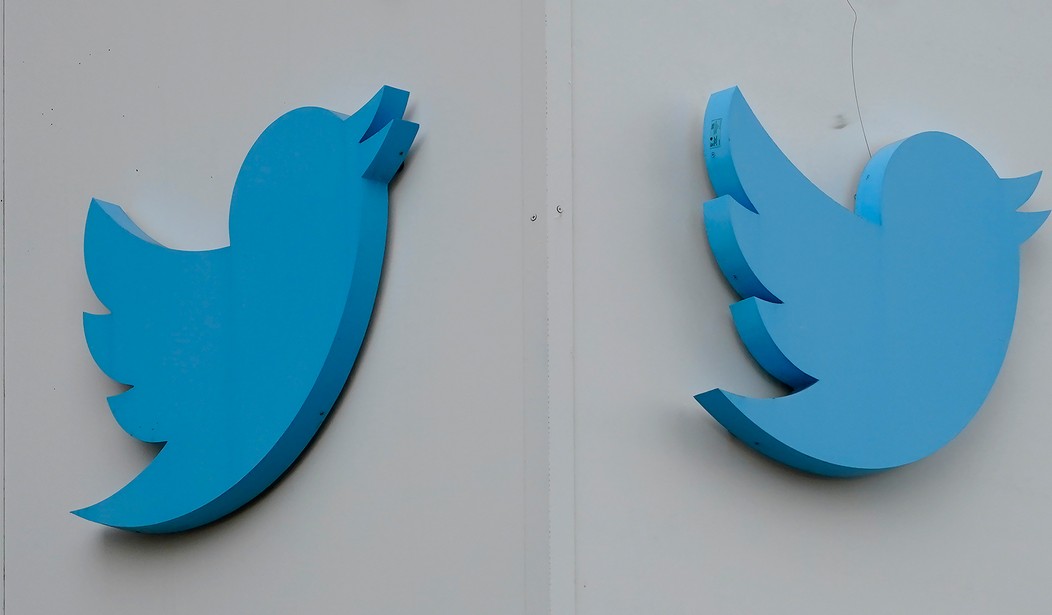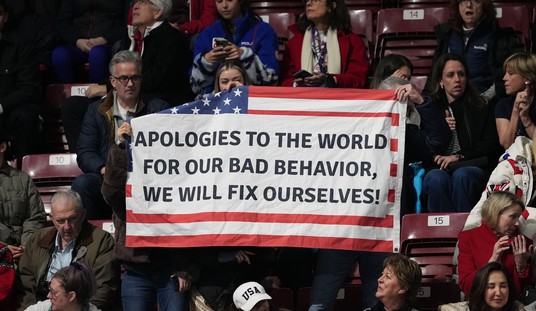All of the focus on Special Counsel Jack Smith of late has, of course, been in relation to the indictments brought against former President Donald Trump in the U.S. District Court for the Southern District of Florida (the classified documents case) and, more recently, in the U.S. District Court in D.C. (the 2020 election case). Both cases are unique, complex, and natural attention-grabbers.
But they aren’t the only pending matters involving Smith. It appears that, in conjunction with the D.C. case, Smith sought and obtained a search warrant in January for records relating to Trump’s Twitter account. Why exactly is not immediately clear. The interesting twist here is that Twitter apparently objected to the production request — or at least, to the non-disclosure order served with it — and opted to litigate the matter, something which wasn’t known until today, as the case was sealed.
An Opinion filed Wednesday in the United States Court of Appeals for the District of Columbia Circuit sets forth the procedural history of the case, but, in a nutshell, Twitter’s challenge was denied by District Court Judge Beryl Howell, and when their disclosure of the materials came three days after the court’s deadline, they were held in contempt and fined $350,000, which they then appealed.
The district court issued a search warrant in a criminal case, directing appellant Twitter, Inc. (“Twitter”) to produce information to the government related to the Twitter account “@realDonaldTrump.” 1 The search warrant was served along with a nondisclosure order that prohibited Twitter from notifying anyone about the existence or contents of the warrant. Twitter initially delayed production of the materials required by the search warrant while it unsuccessfully litigated objections to the nondisclosure order. Although Twitter ultimately complied with the warrant, the company did not fully produce the requested information until three days after a court-ordered deadline. The district court thus held Twitter in contempt and imposed a $350,000 sanction for its delay.
In this appeal, Twitter argues that the nondisclosure order violated the First Amendment and the Stored Communications Act; that the district court should have stayed its enforcement of the search warrant until after Twitter’s objections to the nondisclosure order were resolved; and that the district court abused its discretion by holding Twitter in contempt and imposing the sanction. We affirm the district court in all respects.
The 34-page Opinion sets out the applicable law and its rationale for denying Twitter’s appeal, but here are a few of the highlights:
On January 17, 2023, the government applied for, and obtained, a search warrant that directed Twitter to produce data and records related to the “@realDonaldTrump” Twitter account. At the same time, the government applied for, and obtained, a nondisclosure order, which prohibited Twitter from disclosing the existence or contents of the search warrant to any person. Based on ex parte affidavits, the district court found probable cause to search the Twitter account for evidence of criminal offenses. Moreover, the district court found that there were “reasonable grounds to believe” that disclosing the warrant to former President Trump “would seriously jeopardize the ongoing investigation” by giving him “an opportunity to destroy evidence, change patterns of behavior, [or] notify confederates.” I.A. l; see 18 U.S.C. § 2705(b). 2 The warrant required Twitter to tum over all requested information by January 27, 2023. The nondisclosure order was to remain in effect for 180 days after its issuance.
A quick note here: Footnote 2, referenced above, reads:
The district court also found reason to believe that the former President would “flee from prosecution.” J.A. 1. The government later acknowledged, however, that it had “errantly included flight from prosecution as a predicate” in its application. J.A. 281 n.1. The district court did not rely on risk of flight in its ultimate analysis. See J.A. 195.
Just to reiterate: “The government later acknowledged, however, that it had “errantly included flight from prosecution as a predicate” in its application.”
Whoops, I guess? (Forgive my momentary flippancy, but the notion of Donald Trump, who’s never met a fight he didn’t relish, and one of the most recognized people on the planet, posing a flight risk is farcical, at best.)
In its motion challenging the nondisclosure order, Twitter argued that the order violated the company’s First Amendment right to communicate with its subscriber, former President Trump. The company asserted that compliance with the warrant before resolution of the motion to vacate or modify the nondisclosure order would preclude the former President from asserting executive privilege to shield communications made using his Twitter account. Although Twitter acknowledged that it “may not have standing to raise [ executive privilege] issues,” and took “no position on the applicability of executive privilege,” the company asserted that prompt compliance with the warrant would nevertheless “impede its ability to effect its First Amendment rights to provide meaningful notice to its user.” J.A. 15, 17-18. Citing Freedman v. Maryland, 380 U.S. 51 (1965), and Thomas v. Chicago Park District, 534 U.S. 316 (2002), Twitter argued that the district court was obligated to maintain the status quo and “stay any production obligation” while the parties litigated the constitutionality of the nondisclosure order. J.A. 18.
Judge Howell ultimately ruled against Twitter and gave the company a deadline of 5:00 pm on February 7, 2023, to produce the materials, with daily escalating fines to follow thereafter. There was a partial production by that deadline, but ultimately, the production was not complete until. February 9, 2023, “a 51-hour period.”
On March 3, 2023, the district court issued an opinion and order denying Twitter’ s motion to vacate or modify the nondisclosure order, finding Twitter in civil contempt, and imposing a $350,000 contempt sanction. The district court assumed without deciding that Twitter’s First Amendment challenge to the nondisclosure order should be analyzed under the exacting standard of strict scrutiny. The district court determined that the order, which prohibited speech about a particular warrant for a 180-day period, was a narrowly tailored means to protect the compelling interest of safeguarding the integrity and secrecy of an ongoing criminal investigation. The court further held Twitter in contempt for its three days of noncompliance with the production order and rejected the good faith and substantial compliance defense that Twitter had asserted. 3
Twitter appealed that ruling, and the Court of Appeals, after setting forth its reasoning, affirmed the ruling on Wednesday.
In sum, we affirm the district court’s rulings in all respects. The district court properly rejected Twitter’ s First Amendment challenge to the nondisclosure order. Moreover, the district court acted within the bounds of its discretion to manage its docket when it declined to stay its enforcement of the warrant while the First Amendment claim was litigated. Finally, the district court followed the appropriate procedures before finding Twitter in contempt of court – including giving Twitter an opportunity to be heard and a chance to purge its contempt to avoid sanctions. Under the circumstances, the court did not abuse its discretion when it ultimately held Twitter in contempt and imposed a $350,000 sanction.
Whether Twitter will appeal the matter to the Supreme Court (and whether the Court would agree to hear it) remains to be seen, though it would certainly be interesting to see how the Court would ultimately rule on these issues.















Join the conversation as a VIP Member